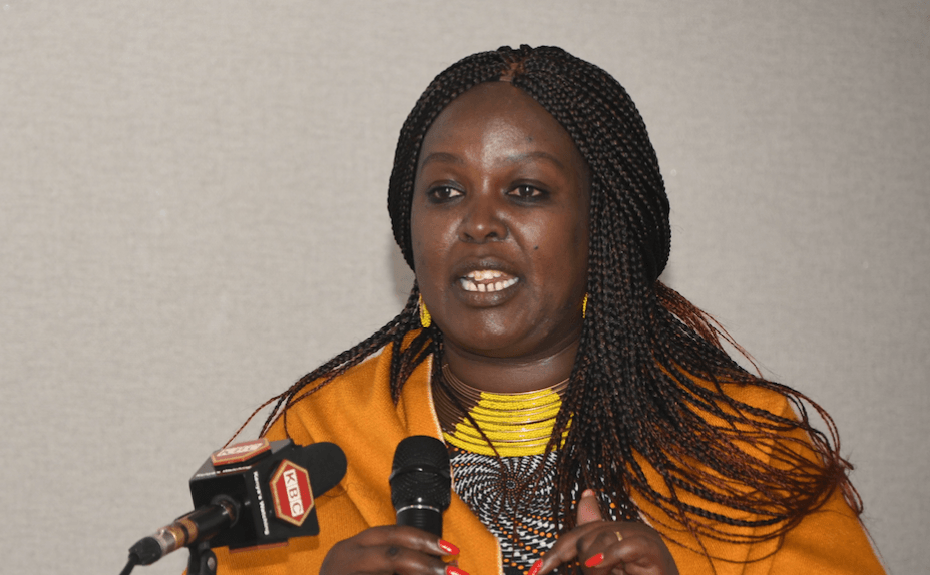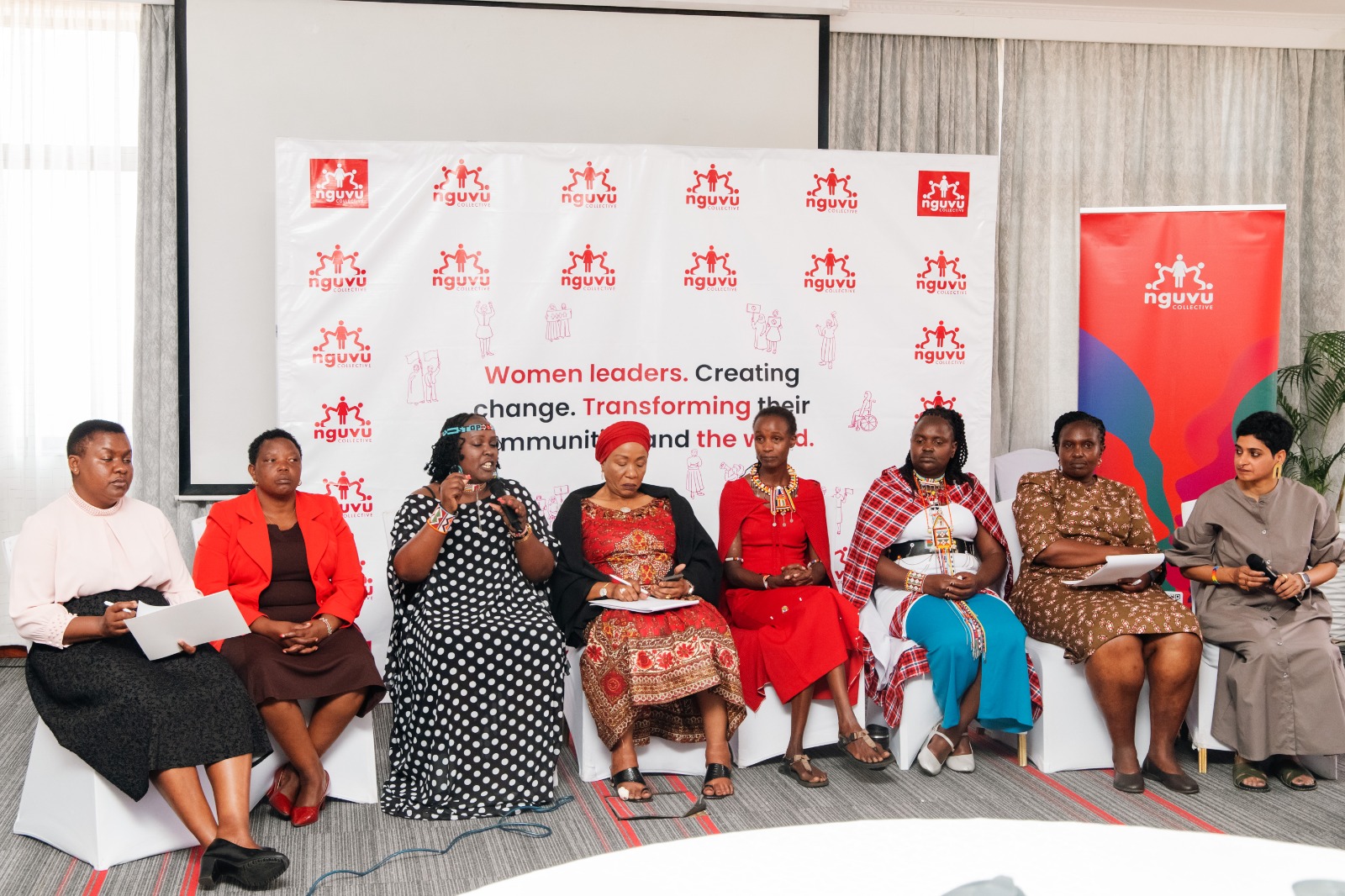
As Kenya intensifies efforts to eradicate Female Genital Mutilation (FGM), a powerful call to action has been made, focusing on the role men and young people must play to end the practice.
Tony Mwebia, founder of Men Against FGM, highlighted that men involvement in the conversation is crucial for breaking long-standing cultural traditions.
A campaign, hosted by Nguvu Collective and supported by the Anti-FGM Board Kenya at Nairobi's Bomas Hotel, highlighted a unique angle in the fight against this harmful practice.
"Men are more than willing to be part of this conversation, but what’s often lacking is awareness and information," Mwebia stated, stressing the need to educate men who often unknowingly perpetuate the practice by remaining silent.
Mwebia’s organisation, Men Against FGM, works to bridge this gap by providing men with spaces to discuss FGM and its effects openly.
"In many of these communities, men have little to no knowledge of what FGM actually does to women physically and emotionally. They only know what they have been told through culture," he said.
He acknowledged the importance of introducing men to survivor stories and educating them on the real-life consequences of FGM.
Men Against FGM has hosted workshops across Kenya, educating men about FGM’s lifelong repercussions on women's health and well-being and empowering them to stand up against the practice within their own families.
To drive this point home, Kisii County Woman MP Donya Dorice Aburi spoke about the importance of men in challenging the cultural value placed on FGM.
"It’s encouraging to see men publicly say they prefer to marry women who haven’t undergone FGM. This is how we change perceptions and show that FGM is neither a requirement for marriage nor a mark of dignity," she stated.
Aburi, a vocal advocate for women's rights, recently introduced an amendment to the Sexual Offences Act aimed at increasing awareness of FGM, teenage pregnancies, and gender-based violence, underlining that Kenya’s fight against FGM requires action from all fronts.
Speaking to a captivated audience, Valerie Loloju of the Youth Anti-FGM Network, emphasised that the youth’s involvement is also essential for lasting change.
"Young people are the incoming policymakers, the future parents, the next leaders. We are the ones who will shape a future free from FGM," Loloju said.
She noted that the network has organised 15 active chapters across Kenya, uniting young advocates to lead campaigns and shift cultural attitudes.
For her, the drive of Kenya’s youth is unmatched, but resources and support are needed to sustain this energy.
Loloju expressed her frustration over youth efforts being undervalued by some stakeholders and insisted on the need for practical support.
"We keep hearing about the need to engage young people, but we need more than talk. Resources must be allocated to empower us as equal partners in this fight," she said.
She urged organisations and government bodies to provide funding and training that would allow young activists to expand their reach.
She described how these resources would help young leaders initiate dialogues in communities, shifting norms from the ground up.
The event also featured powerful testimonies from survivors, such as Selina Nkoile, who spoke about the profound emotional scars FGM left on her life.
"FGM robs us of our dignity, health, and self-worth," Nkoile said.
"It took me decades to even accept myself, to stop feeling like less than a human being."
For her, being at the forefront of the anti-FGM movement is not just a responsibility but a call to protect other girls from experiencing the same trauma.
"It’s a lifelong scar, physically and emotionally, and that’s why we are saying it ends with us," she added, voicing the commitment of countless survivors who have taken up the mantle to lead the movement.
Nguvu Collective, which has long worked with change-makers in rural and marginalized communities, organized the event to unify efforts from grassroots to policy level.
As the event came to a close, men and youth stood alongside women in a historic movement to #BreakTheBlade, vowing to make this generation the one that ends FGM.
The campaign has shown that when people across generations and genders unite, traditions harmful to young girls can be dismantled.
Loloju called on Kenyans to join the movement and ensure a future where every girl is free from the threat of FGM.












